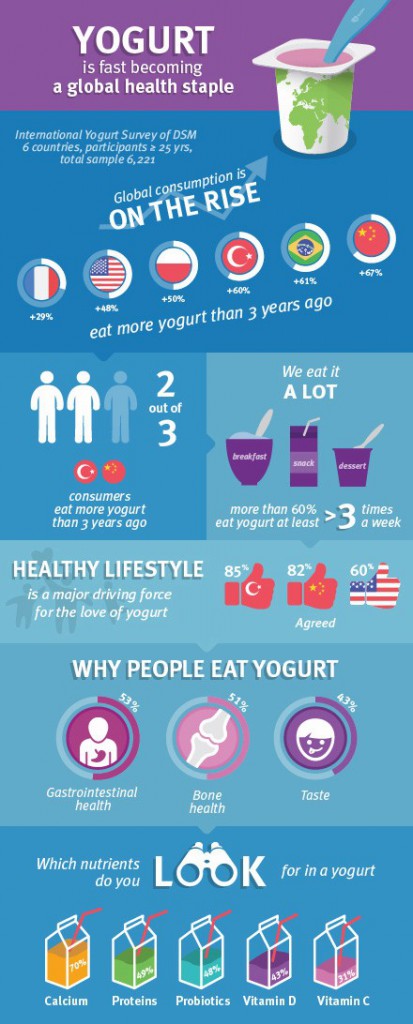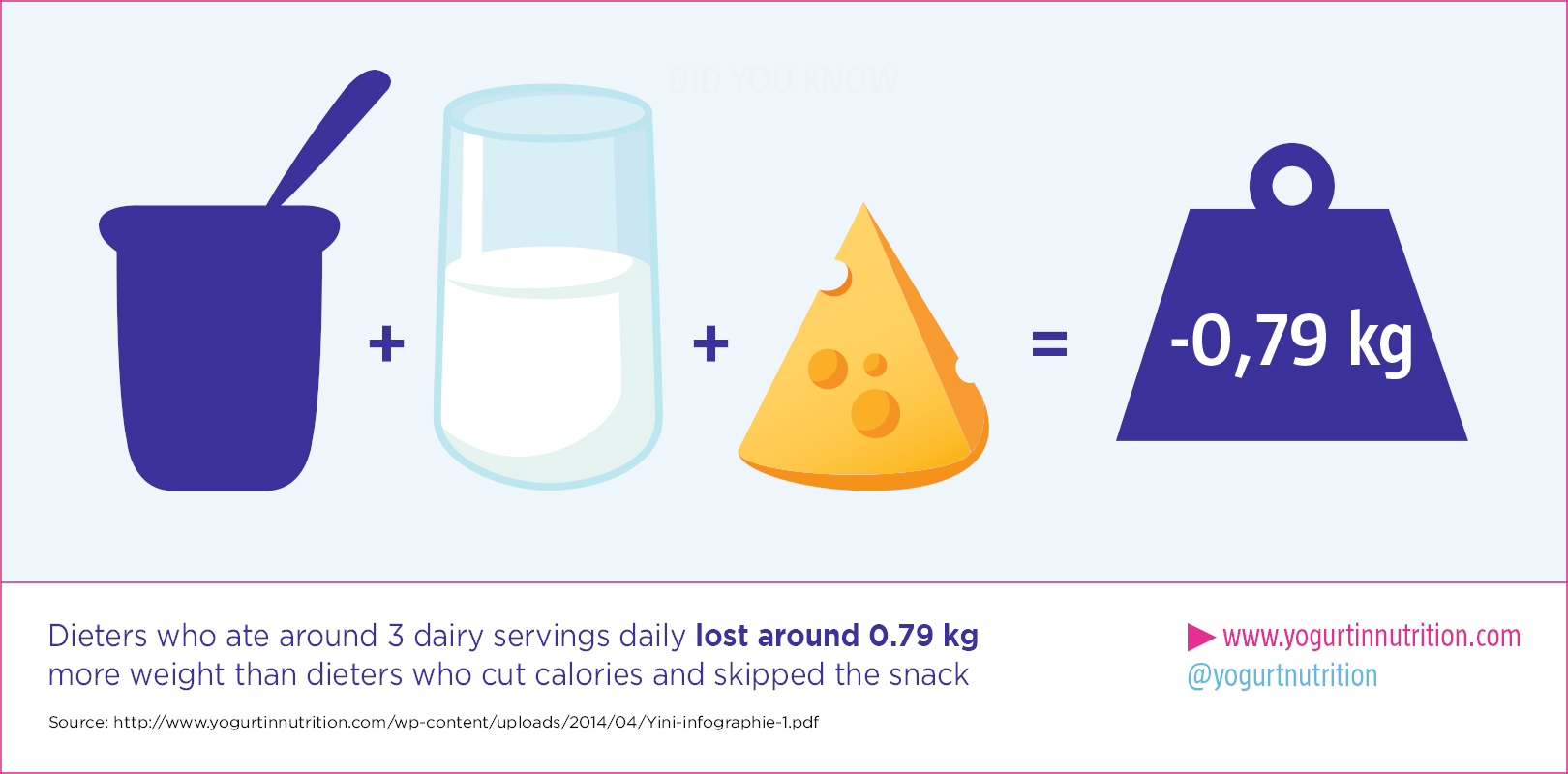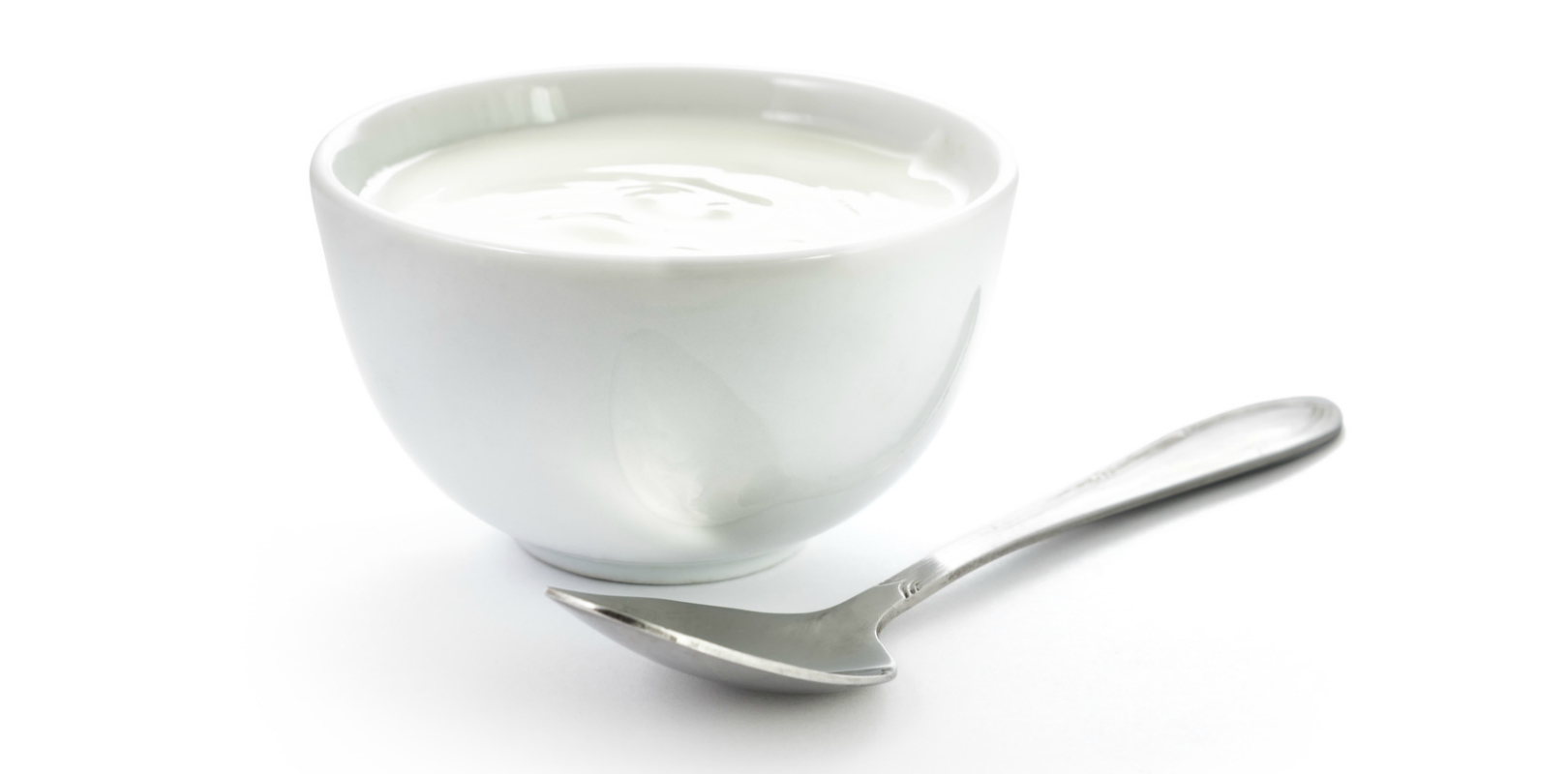Ingredientes para 2 personas
- Dos caballas de ración
- aceite de oliva
- sal
Para la salsa: - 4 cucharadas soperas de mayonesa casera espesa
- 1 yogur grieg
- hierbas aromáticas (cebollino, tomillo y perejil fresco)
Preparación
Partimos de dos caballas muy frescas, que habremos pedido que nos limpien y abran. Lo normal es que les corten la mitad de la cabeza o la cabeza entera y les hagan una abertura en el vientre para sacar las tripas y dejar el pescado bien limpio.
Como el pescado es muy escandaloso en cuanto a los olores, una opción excelente es cocinarlo al aire libre en la barbacoa. Yo tengo una pequeña barbacoa para casa, que utilizo en la terraza y es comodísima. Se trata de la barbacoa Caliu que tiene un diseño precioso y que incluso puedo llevar a la mesa.
Preparamos el fuego (carbón vegetal) y cuando está en brasas bien trabajadas (ya grises y no de color rojizo) ponemos el pescado encima. Podéis barnizar el pescado con una brocha humedecida en aceite de oliva para que se dore más rápido. Tras unos 5 minutos por cada cara estará en su punto.
Para hacer la salsa, una falsa tártara muy sencilla que le va muy bien, mezclamos la mayonesa con el yogur griego y añadimos el cebollino muy picado y una rama de tomillo también muy picada. Finalmente espolvoreamos con perejil y listo para acompañar nuestra receta de pescado a la barbacoa.













